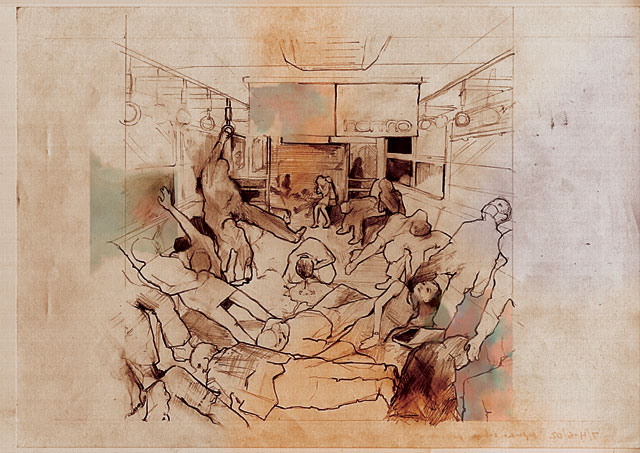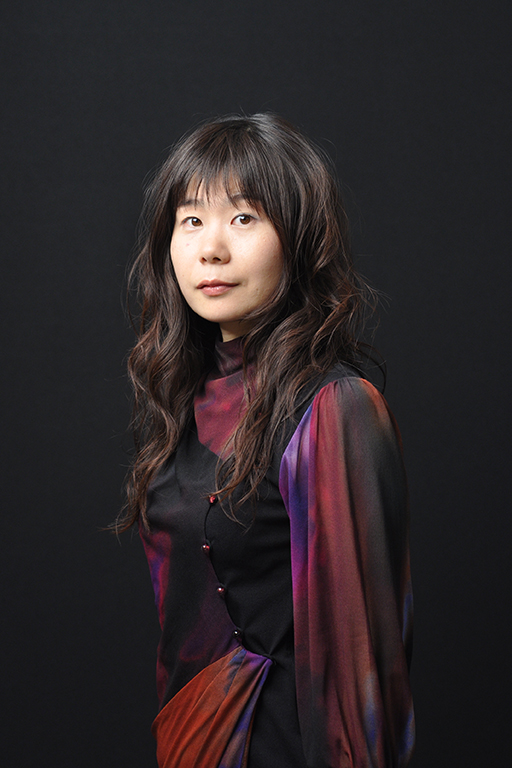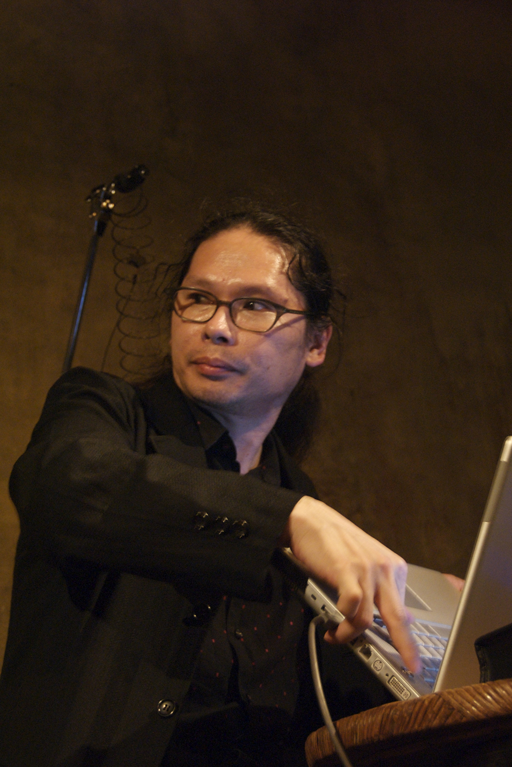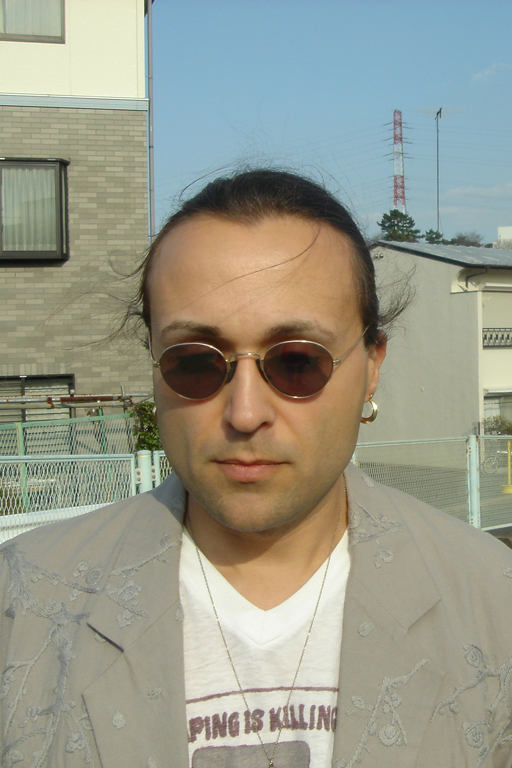James Tenney (1934–2006), who involved himself in the early electronic music studies at Bell Laboratories, absorbed Cagean philosophy and established his own scientific musical theory and composition methodology, was born near an atomic bomb testing site in Alamogordo, New Mexico. He was 11 years old in 1945, and later lost his partner and dog to cancer. He died of cancer too in 2006.
Pika-Don (flash-boom), a piece for four-channel pre-recorded "testimonies" and four percussionists that surround audience, is truly a musical piece of our times that he wrote wishing for reconciliation with science. Deus ex Machina, which Tenney called a "post-script" for his earlier electronic works, accumulates the resonances of the performance space and brings them to the extreme. Both Japanese premieres and can only be fully experienced in live performance. Pika-Don will be subtitled in Japanese.
* * *
The club scene’s deafening plea to “love one another” cannot be separated from the muffled ambiance of happenings behind closed doors. [...] Rather than songs of love and unity, I long for audio of love’s irreconcilable differences. Not the lovelorn elegy or torch song, but crossed strategies and layered content.
Lovebomb is a screening-performance by Terre Thaemlitz that critically reflects on various aspects of “love” as an ideological device. Since its inception in 2003, the work has been presented across the world. Its acute “non-essentialist transgender” approach to the messages of “love” that fill the mainstream music and even to a “perverse sense of eternal love” for survivors of holocausts has proven more and more contemporary. A bilingual work in English and Japanese. A post-performance Q&A follows inviting Lauren Pratt, a producer at California Institute of the Arts and REDCAT, James Tenney’s partner, and one of the voices for Pika-Don.






